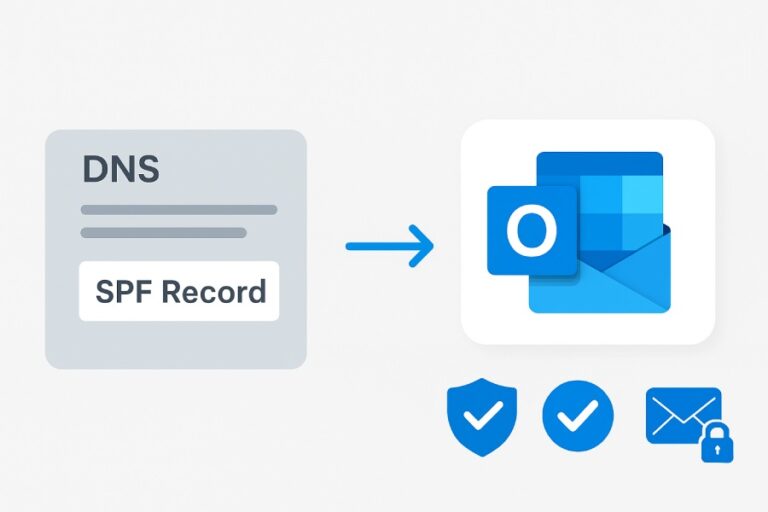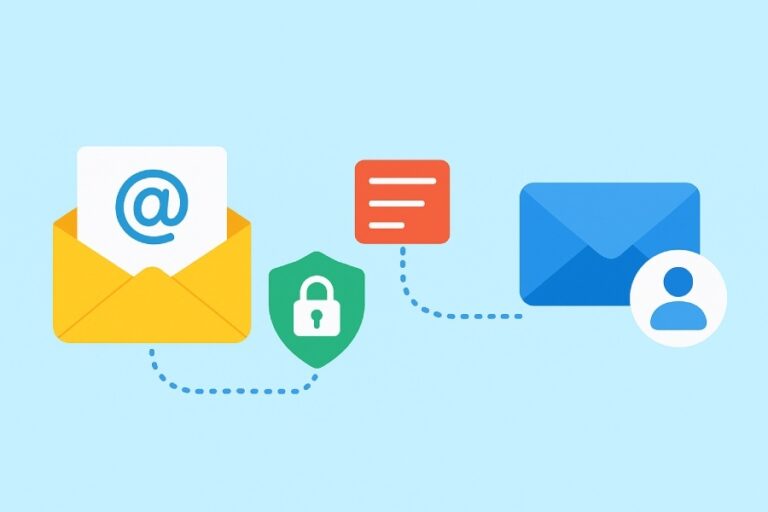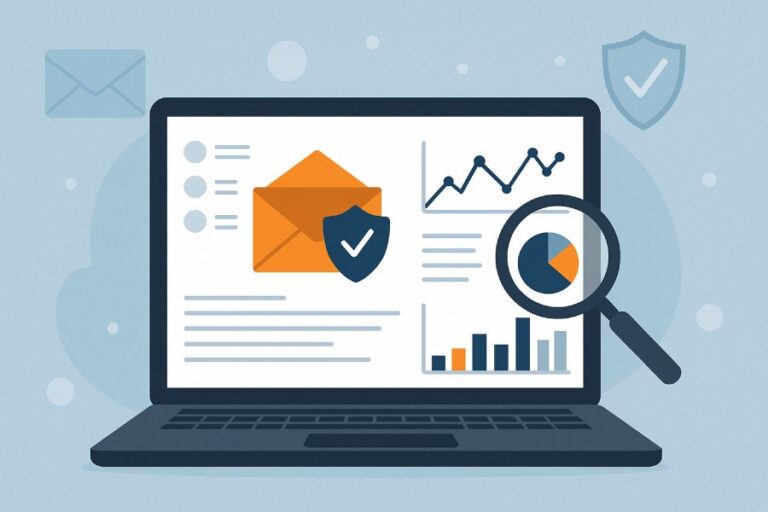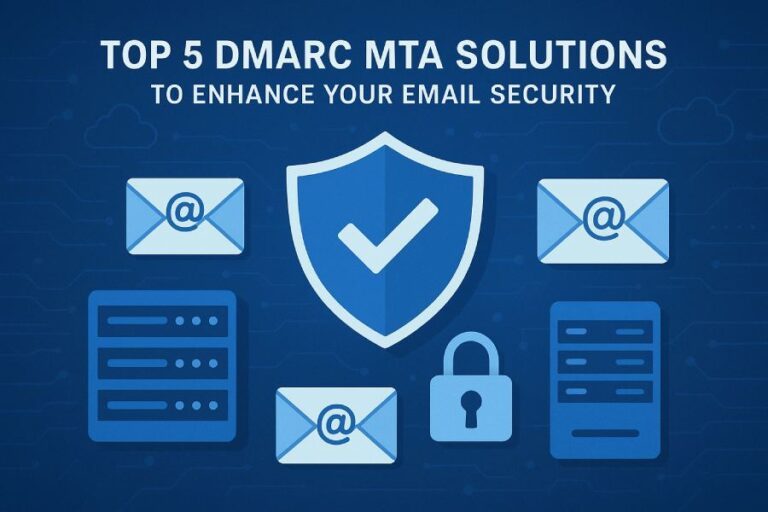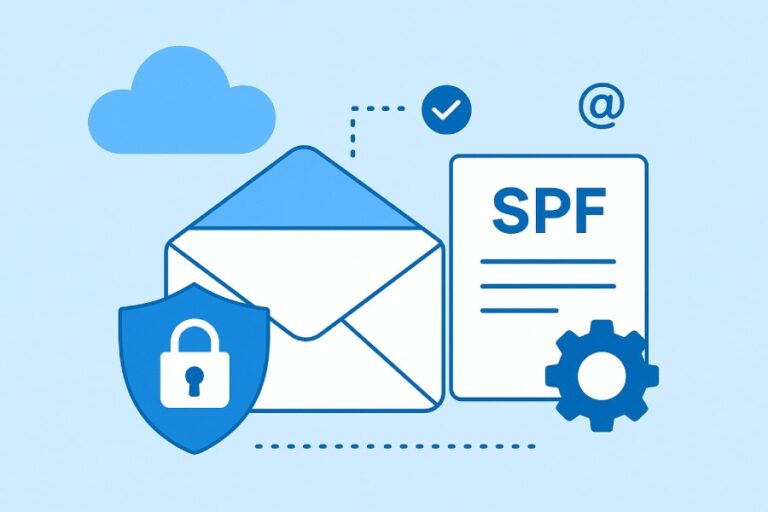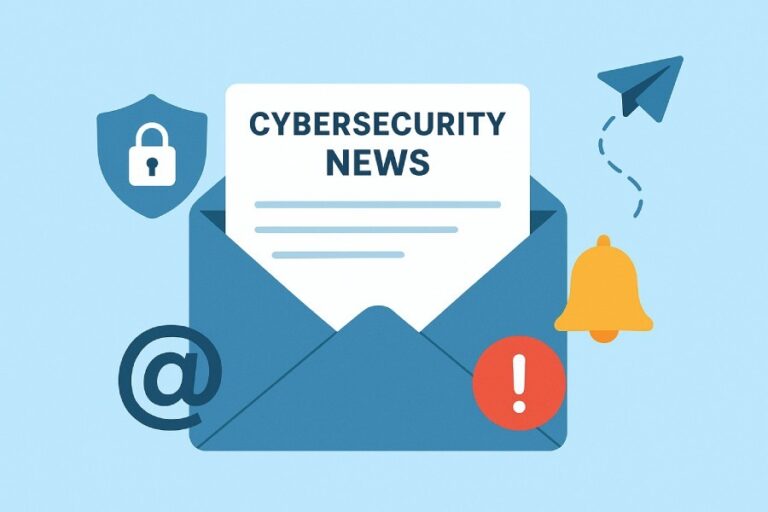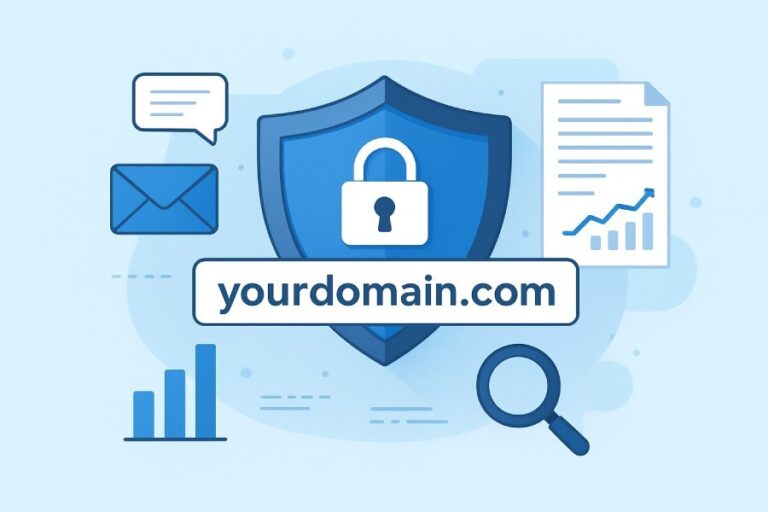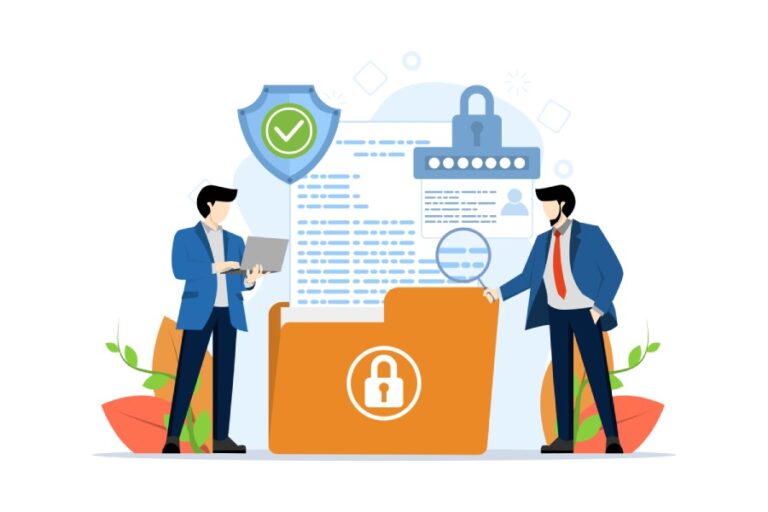Adding SPF Records To Your Domain For Outlook Email Authentication
Adding SPF records to your domain is a crucial step in strengthening email security and ensuring proper authentication for Microsoft Outlook and Office 365 emails. SPF (Sender Policy Framework) records, published as DNS TXT entries, specify which mail servers are authorized to send emails on behalf of your domain. By enabling recipient servers to verify…

